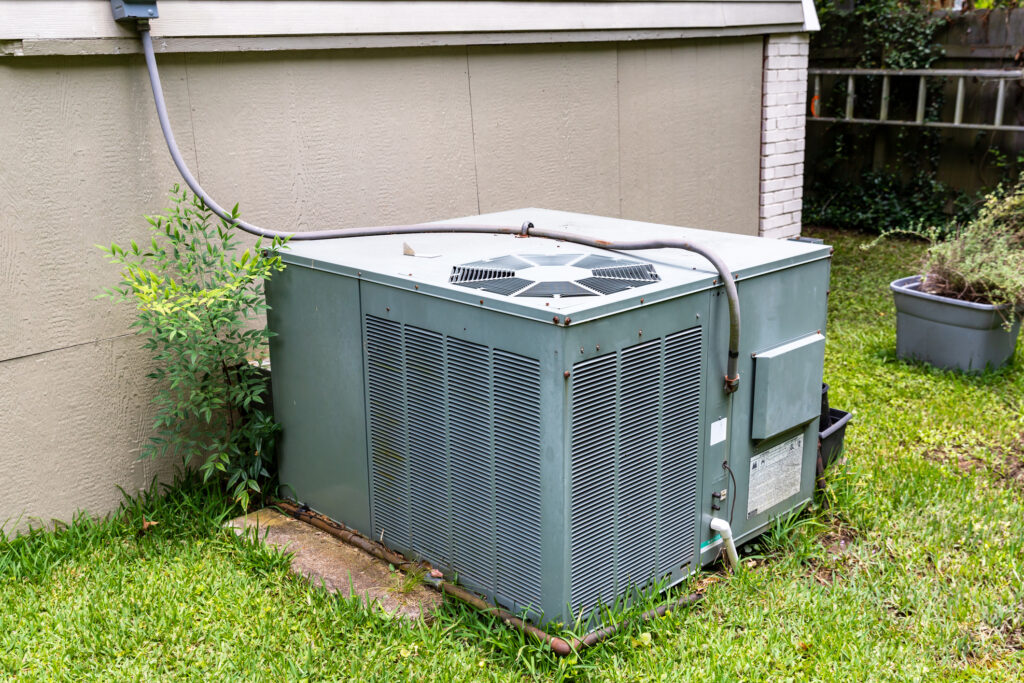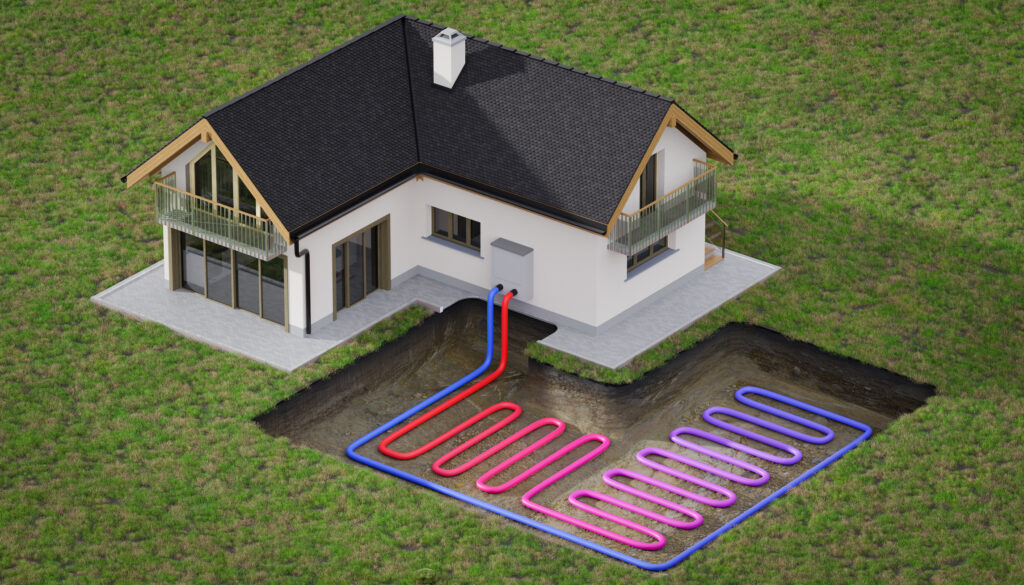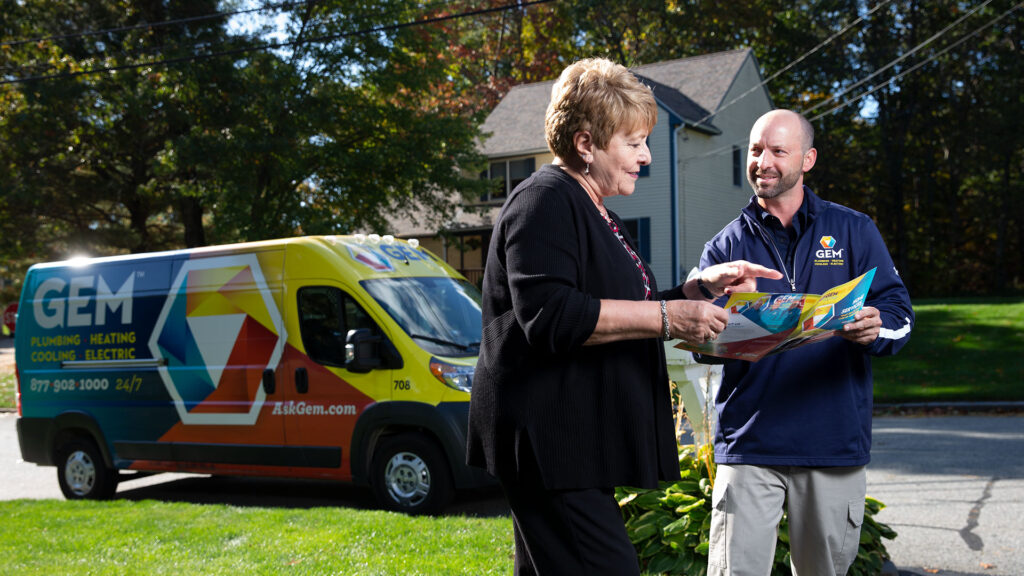Soap not lathering? Are you noticing mineral stains on your clothes or dishes? These are all signs telling you there’s hard water running through your home’s pipes –– an issue you won’t want to take with just a grain of salt. Fortunately, there’s a solution: water softeners.
GEM’s water quality services are here to soften the blow on your plumbing system when you’re dealing with hard water.
water softeners 101: What are they?
Over time, your home’s water collects minerals like calcium and magnesium. A high concentration of these minerals hardens your water and can harm your water fixtures or stain your clothes and dishes. If your shower head looks a little crusty, you may want to consider installing a water softener.
Water softeners are filtration devices that remove these minerals from your plumbing system. Once hard water flows through the water softener, the system filters it to release soft water through your taps.
There are two methods to handle your hard water: a saltwater solution and a saltless solution.
What is the difference?
When selecting one of these solutions for softening your home’s water, it’s essential to know the difference between the two––especially since one of them is not a water softener at all.
salt-based Water softeners
Saltwater softeners exchange sodium ions with the mineral ions in your water to convert it from hard to soft. Once your system reaches filtration capacity, it flushes out the hard minerals through a process called regeneration.
salt-free water conditioners
Fun fact: salt-free water softeners are not softeners at all––they are considered water conditioners or descalers. Instead of removing the hard water minerals, saltless water conditioners crystallize the minerals to prevent them from binding to surfaces.
which is best for my home in new england?
Now that you know the distinction between saltwater softeners and saltless water conditioners, which system is best for your home in New England?
If you’re looking to soften your water, go for a water softener. This system will leave your dishes and clothes stain-free, your soap bubbly, and prolong the lifespan of your water fixtures and appliances. However, saltwater softeners require an electrical connection to power the ionization process and regular maintenance like replacing the salt every six to eight weeks.
While a saltless water conditioner won’t technically soften your water, it can reduce scale buildup in your plumbing system and on your home’s surfaces. The perks of salt-free water conditioners include requiring little maintenance, preserving water, and not needing electricity to function.
Keep in mind that installing a water softener or conditioner can be expensive, so be sure to pick what’s best for your home.
choose gem to handle your home’s hard water
More than 85% of homes in America have hard water. So if you’re having trouble handling your home’s hard water, count on GEM to help install a water softener into your plumbing system to prevent buildup, and more importantly, to keep your water safe for drinking and cleaning.
Call us today to learn more about water softeners and what our water quality services can do for your New England home!



